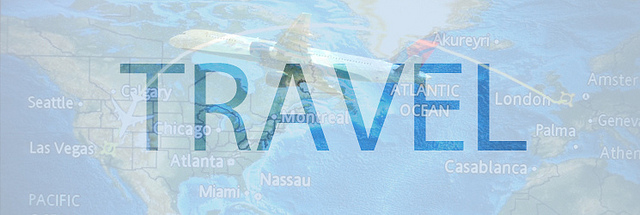What is Adjustment of Status?
Adjustment of Status is the process by which a foreign national can change their immigration status from a temporary nonimmigrant to an immigrant (permanent resident), while in the United States. There must be a basis under which a foreign national can apply for adjustment of status. In most cases the foreign national must have an immediate relative who is a U.S. Citizen or have an employer willing to file an immigrant petition on their behalf.
Generally, a foreign national can apply for adjustment of status, if they were inspected by a customs official at a United States port of entry and admitted or paroled into the United States, and meets all requirements to apply for a green card (permanent residence). The Immigration and Nationality Act (INA) allows an eligible foreign national already living in the United States with their U.S. Citizen spouse, to obtain permanent resident status without having to return to their home country to apply for an immigrant visa at a United States consulate abroad. Spouses of U.S. Citizens are eligible for adjustment of status to permanent residence once the US Citizen spouse files a petition on their behalf called the I-130 Petition for Alien Relative. The I-130 Petition for Alien Relative is typically filed at the same time (concurrently) as the I-485 Application to Register Permanent Residence or Adjust Status. For immigration purposes, the intending immigrant (or foreign national) is referred to as the ‘beneficiary’ of the application, while the U.S. Citizen spouse is referred to as the ‘petitioner’ of the I-130 application. The petitioner allows the beneficiary to apply for adjustment of status on the basis of their marital relationship (established with the filing of the I-130 Petition).
In general, most immigrants become eligible for permanent residence once an immigrant petition is filed on their behalf by either a qualifying family relative (I-130 Petition) or through an employer (I-140 Petition) although there are special categories of green card applicants that exist. Unlike distant relatives of U.S. Citizens and alien workers, spouses and immediate relatives of U.S. Citizens are not subject to any visa limitations. This means that they do not need to wait in line to receive permanent residence; an immigrant visa is immediately available to them and there are no quotas. The process of immigrating a foreign spouse through adjustment of status takes approximately 4-6 months depending upon the volume of adjustment of status application being processed by USCIS at the time of filing, and the amount of applications waiting in line for an interview at your local field office.
Spouses of U.S. Citizens residing abroad are not eligible for adjustment of status
For spouses of U.S. Citizens residing abroad, adjustment of status is not an option because the intending immigrant and U.S. Citizen spouse must be living together in the United States in order to apply. Instead, spouses of U.S. Citizens who are living abroad must resort to consular processing, in order to obtain an immigrant visa and permanent residency. Consular processing is also utilized to immigrate a foreign spouse who is ineligible to adjust status, for example in the case where the foreign spouse entered the United States illegally.
 Visa Lawyer Blog
Visa Lawyer Blog



